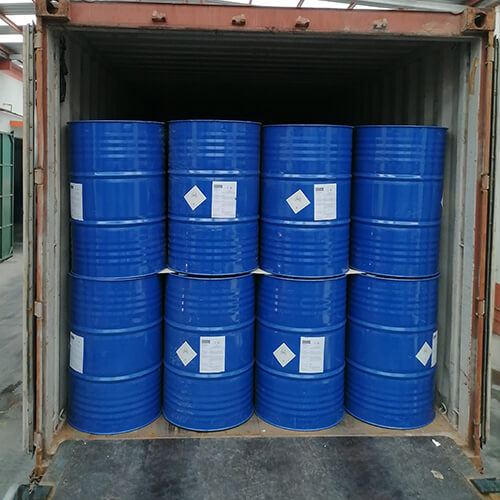In the realm of hand sanitizers, two common ingredients stand out: ethanol and isopropyl alcohol. These alcohol-based sanitizers are widely used for their effectiveness in killing germs and preventing the spread of infections. Let’s compare the properties and applications of these two sanitizing agents.
Ethanol in Hand Sanitizers
Ethanol, also known as ethyl alcohol, is a type of alcohol derived from fermented sugars. It is a potent antiseptic and disinfectant commonly found in hand sanitizers. Ethanol-based sanitizers generally contain concentrations ranging from 60% to 95% ethanol. The Centers for Disease Control and Prevention (CDC) recommends using hand sanitizers with at least 60% ethanol content to effectively kill germs.
Isopropyl Alcohol in Hand Sanitizers
Isopropyl alcohol, often referred to as rubbing alcohol, is another widely used alcohol-based sanitizer. It is derived from propene and has strong disinfecting properties. Like ethanol, isopropyl alcohol is effective at killing germs and is commonly found in hand sanitizers. Sanitizers with concentrations of 60% to 70% isopropyl alcohol are considered effective in reducing the spread of pathogens.
Comparison of Ethanol and Isopropyl Alcohol Sanitizers
| Property | Ethanol | Isopropyl Alcohol |
|---|---|---|
| Origin | Fermented sugars | Propene |
| Effectiveness | Effective against | Effective against |
| a wide range of | a wide range of | |
| pathogens | pathogens | |
| Concentration Range | 60% – 95% | 60% – 70% |
| Evaporation Rate | Faster | Slower |
| Skin Moisturization | Can be drying | Can be drying |
Choosing the Right Sanitizer
When choosing between ethanol and isopropyl alcohol sanitizers, both options can effectively kill germs when used correctly. The choice often comes down to personal preference and skin sensitivities. It’s important to use a sanitizer with the recommended alcohol concentration and to apply enough sanitizer to cover all surfaces of your hands. Additionally, while both types of sanitizers can help reduce the spread of infections, frequent handwashing with soap and water remains a crucial practice for maintaining good hand hygiene.
In summary, both ethanol and isopropyl alcohol are effective sanitizing agents commonly used in hand sanitizers. They have similar properties and applications, with the choice often depending on individual preferences and needs. Regardless of the type of sanitizer you choose, proper and frequent use is essential for maintaining good hand hygiene and preventing the spread of illnesses.
Extended Reading
Visit Wikipedia of Isopropanol
Visit isopropyl alcohol product page
The harm of 70% isopropyl alcohol to human body
Industrial application of 99% Isopropyl Alcohol




